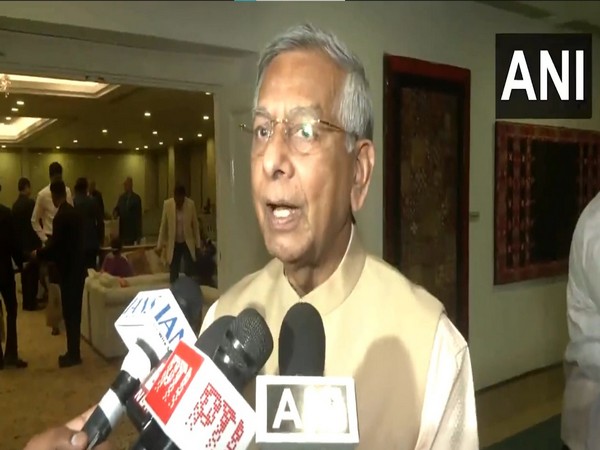India's New Criminal Laws: A Modern Framework for Justice
Attorney General R Venkataramani stresses the need for a broader regulatory framework to implement new criminal laws, enhancing judicial advisement and forensic interpretation. Union Home Minister Amit Shah highlights transformative steps to reform India's criminal justice system under Prime Minister Modi's leadership, emphasizing timely justice and modern forensic integration.

- Country:
- India
Attorney General of India, R Venkataramani, underscored the necessity for a comprehensive regulatory framework to guide the implementation of new criminal laws. He emphasized the importance of such a framework in assisting judges at the highest levels, particularly in interpreting forensic sciences.
Venkataramani noted significant efforts in digitizing the criminal justice process, predicting that within a few years, forensic science tools will make trials more productive and scientifically grounded. He anticipates potential challenges with advancing forensic technologies, notably in judiciary engagement, which could be addressed by academic institutions like the one in Gandhinagar.
The Indian government has replaced colonial-era laws with the Bharatiya Nyaya Sanhita Act, Bharatiya Sakshya Adhiniyam, and Bharatiya Nagarik Suraksha Sanhita in 2023. At the All India Forensic Summit, Union Home Minister Amit Shah emphasized the modernization strides in India's justice system, aiming for swift and effective justice delivery, branding the reforms as a significant 21st-century milestone.
(With inputs from agencies.)
ALSO READ
Amit Shah Announces Historic Reforms in India's Criminal Justice System Under PM Modi
India Charts New Path in Justice: Amit Shah at Forensic Science Summit 2025
Amit Shah Backs Nitish Kumar's Continuity as Bihar CM Post-Elections
Union Home Minister Amit Shah inspects ceremonial parade on 86th Raising Day of CRPF in Madhya Pradesh's Neemuch district.
CRPF played a major role in wiping out Naxalism in the country, says Amit Shah in Madhya Pradesh's Neemuch.










